The creation of an independent regulator moved a step closer on Tuesday as the legislation to establish it was introduced to Parliament.
Here the PA news agency takes a closer look.
How have we got here?
The collapse of Bury in the summer of 2019 prompted the Conservatives to include a fan-led review of football governance in their General Election manifesto.
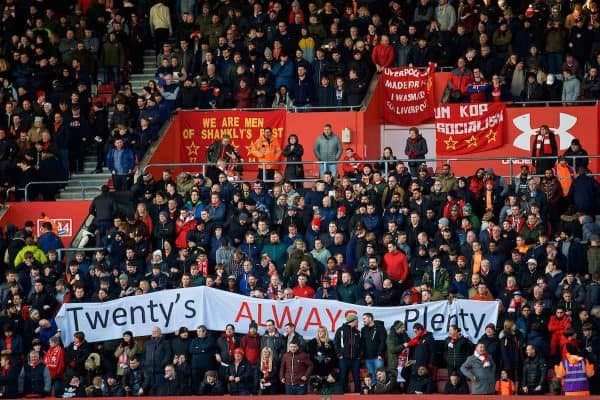
The review commenced in April 2021, in the immediate wake of the Super League scandal, and recommended the creation of an independent regulator. The Government published a White Paper in February last year and finally the legislation has been introduced to Parliament in the form of the Football Governance Bill.
What will the regulator’s key objectives be?
To ensure clubs are run sustainably, that there is financial resilience across leagues, and that fans are properly consulted on club heritage matters.
How will it work?

Clubs in the top five tiers of English football will need to be licensed to operate and enter competitions. There will be mandatory licensing conditions around the submission of financial plans and fan engagement, and tailored conditions on top where appropriate to the club concerned.
The Government insists well-run clubs will have nothing to fear.
What will it do to tackle unsuitable owners?
The regulator will operate a strengthened owners and directors’ test (ODT) with statutory powers, giving it greater ‘teeth’ than similar tests currently operated by the football authorities.
It will have access to agencies and branches of Government enabling the regulator to carry out enhanced due diligence on adequacy and source of funds, and will require clubs as a condition of licence to declare who their ultimate owner is.
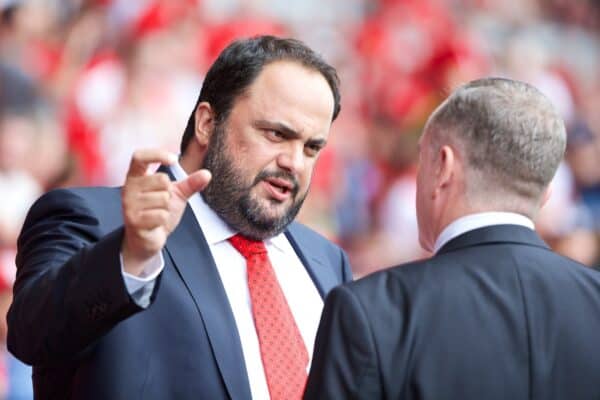
Owners and directors deemed unsuitable will be subject to a ‘removal direction’ giving them a period of time to leave the role, and placed under restrictions on the control they can exert. Where owners do not comply, the regulator will have the power to force them to sell (divest).
Existing owners and directors can be subject to the test where the regulator is in possession of information giving it grounds for concern.
What other powers will the regulator have?
The regulator will adopt an ‘advocacy-first’ approach but the toughest tools at its disposal will be the ability to fine clubs 10 percent of turnover for serious failures and even revoke a club’s licence – though there would be safeguards around that step, including that revocation could not take effect until the end of the season.
The expectation would be that forcing owners to divest would be pursued before revoking a club’s licence. The regulator will not issue sporting sanctions such as points deductions.
How will it stop clubs joining breakaway leagues?
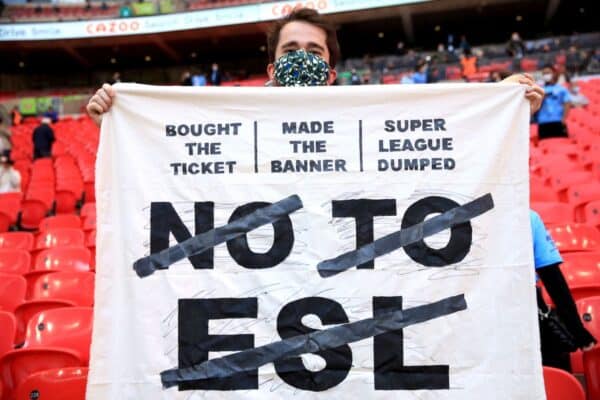
There will be ‘freestanding requirements’ for regulated clubs, one of which concerns entry into prohibited competitions – ones which are deemed not fair or meritocratic and which would jeopardise existing competitions. The regulator would be required to consult the Football Association and any others considered appropriate before prohibiting a competition.
Will the regulator be in charge of financial rules governing the Premier League and the EFL?
No. The regulator will not interfere in regulations such as the Premier League’s profitability and sustainability rules (PSR) or the squad cost controls that are set to replace PSR, but will serve as a safety net.
What role can the regulator play in resolving the funding stand-off between the Premier League and the EFL?
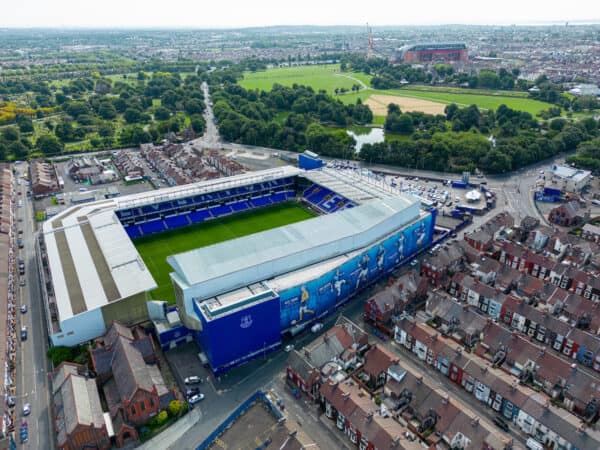
The regulator will have backstop powers. One of the parties (Premier League or EFL) would need to apply to trigger them, and the regulator can only trigger them if it feels one of its key objectives around financial sustainability and resilience cannot be delivered without doing so.
Further mediation will follow and if still no agreement is reached, the parties will submit their final proposals and an independent expert panel will determine which is most suitable.
When will the regulator be up and running?
The timescales remain unclear. Lucy Frazer, secretary of state for Digital, Culture, Media and Sport, said she expected the legislation to pass through Parliament before the end of the current session. That ends when a General Election is called – which could be any time until January 2025.
Who will pay for it?

The regulator will be funded by a levy on the regulated clubs, which will vary depending on the size of the club. Government sources indicated the regulator’s annual budget would be £10million, and it is anticipated Premier League clubs would cover approximately 80 percent.
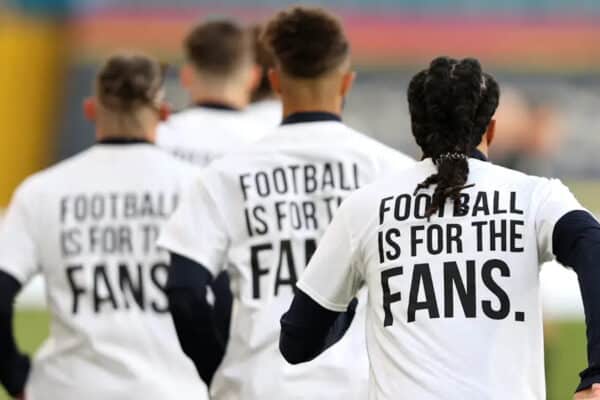




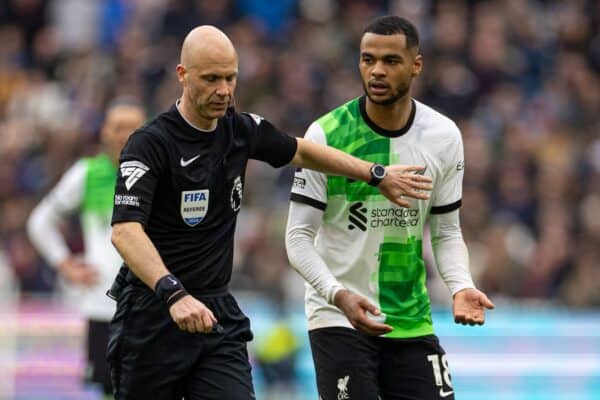
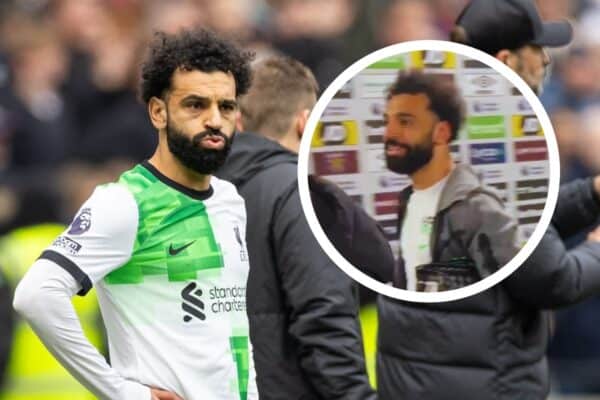
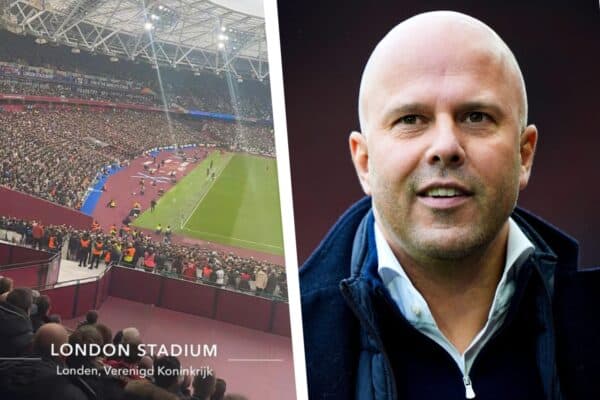

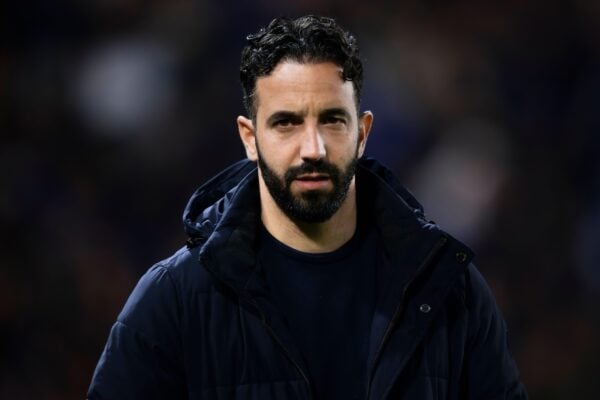
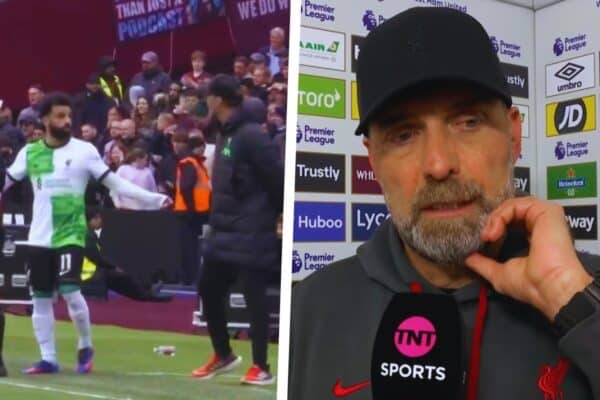



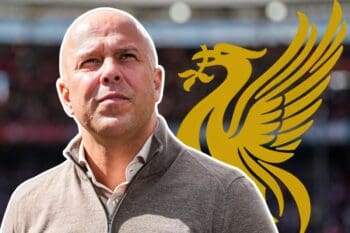

Fan Comments